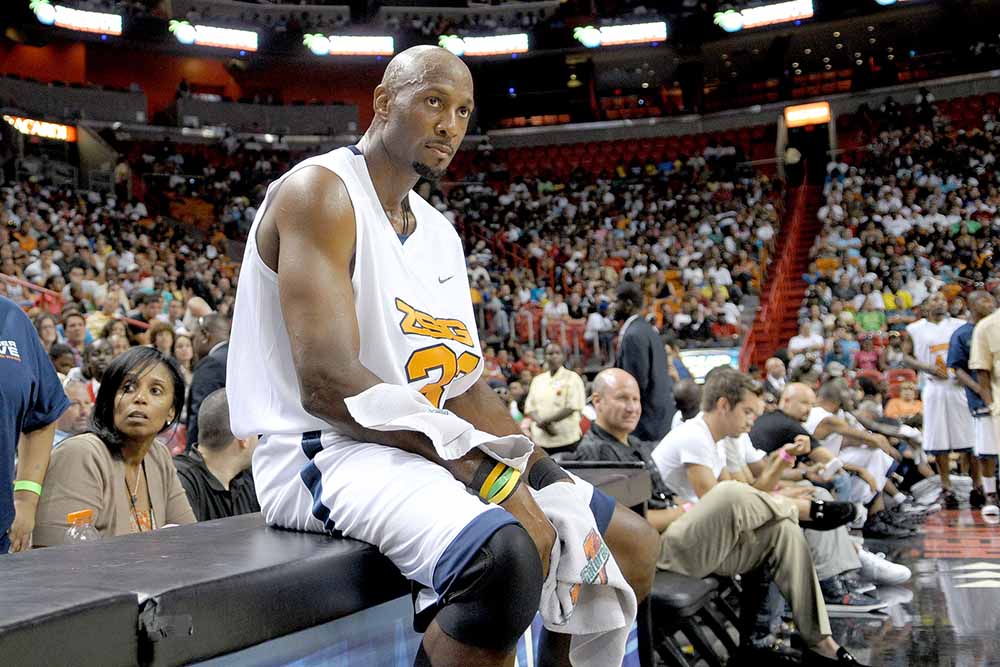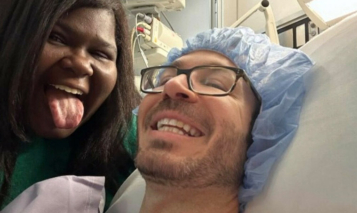
Retired Miami Heat star Alonzo Mourning underwent surgery to remove his prostate after being diagnosed with Stage 3 prostate cancer.
Mourning, now an executive with the Miami Heat, is cancer-free.
Mourning, 54, told ESPN his prostate cancer was found during a routine blood test.
“What scares me about this disease is that there are so many men walking around feeling great and have that cancer in them and they don’t know it,” Mourning told ESPN. “The only way to find out is to get their blood tested and get their PSA checked. There are 3.3 million men living in the U.S. with prostate cancer, and many don’t even know it. I was one of those guys.”

Mourning’s cancer was localized to his prostate and nearby lymph nodes. His prostate was removed in March.
“Life was good and amazing for me, but if I had ignored getting checked and let this go, the cancer would’ve spread through my body. Unfortunately, as men, we don’t like to go to the doctor, but this is the only way to find out what’s going on in your body. Prostate and even colon cancer are silent killers and many men won’t get those diagnosis until it’s too late.”
Signs & Symptoms of Prostate Cancer
Most prostate cancers are found during routine checkups. Some men have no signs and symptoms prior to their diagnosis.
Screening Tests
There are two screening tests for prostate cancer: prostate specific antigen (PSA) test and a digital (finger) rectal exam. A PSA test measures the level of prostate specific antigen in the blood. PSA is created in the prostate. A higher level of PSA in a man may be a sign of prostate cancer. A biopsy will confirm the diagnosis.
Who should be screened for prostate cancer
Men ages 55 to 69
Men who have signs and symptoms of prostate cancer
Men who engage in anal sex
Who should not be screened for prostate cancer
Men ages 70 and older





